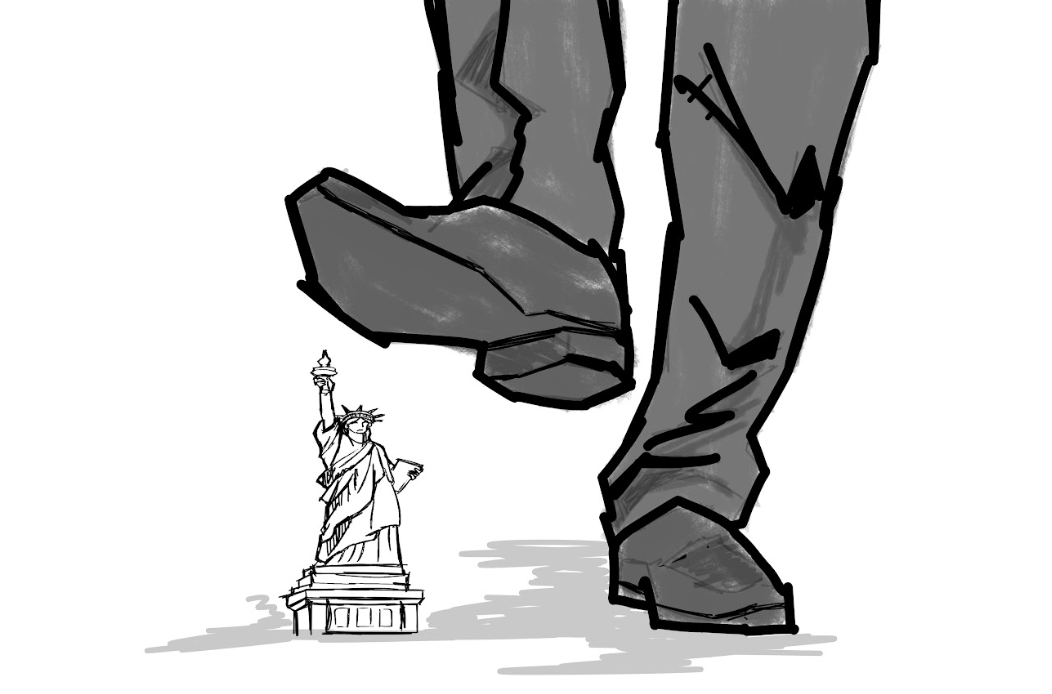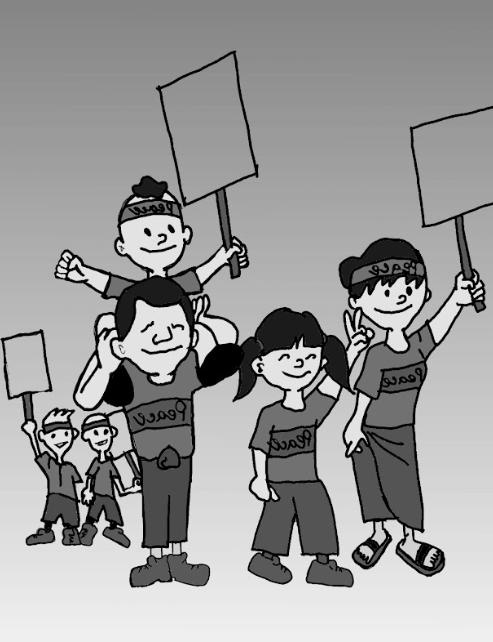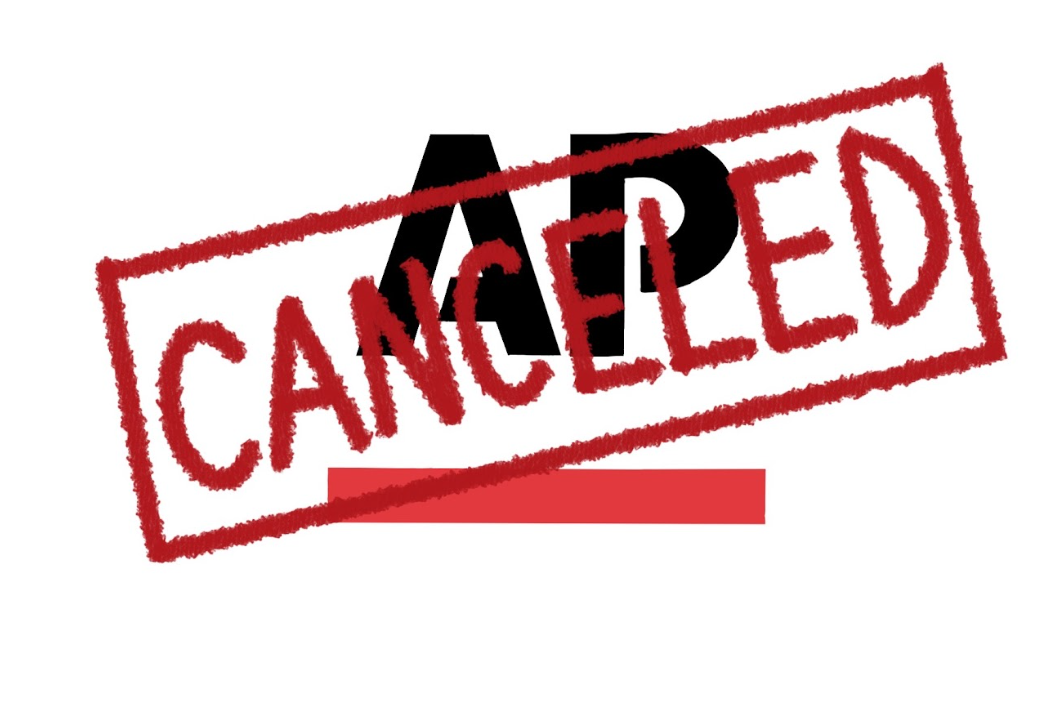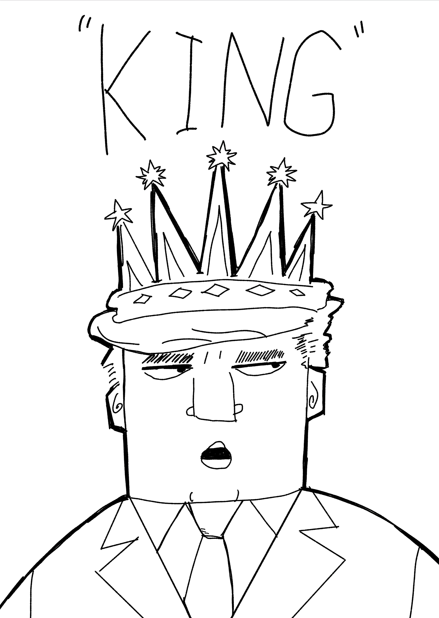In 1971, the 26th Amendment to the U.S. Constitution was ratified under the presidency of Richard Nixon, lowering the national voting age from 21 years to 18 years old. This amendment is one of four in the Constitution pertaining to voting rights, each expanding the civic privilege to more and more Americans.
The push for the 26th Amendment came from the fallout of the Korean and Vietnam wars, with American youths protesting that, if they were old enough to die for their country, they were old enough to vote in its elections.
This desperation to participate in civic duty is increasingly fading amongst youngsters as the years go by, and it is imperative that it is regained.
The youth vote refers to the demographic of 18-29-year-old voters, a significant cohort of citizens that appear to have forgotten or are otherwise willfully ignoring the value of participating in elections.
A study from the Center for Information & Research on Civic Learning and Engagement (CIRCLE) found that 32 states — including Texas with a 33% drop — have fewer registered youth voters than they did in the 2020 elections. Furthermore, a CBS News Poll showed that only 66% of registered voters under the age of 30 plan to definitely vote in the 2024 election.
A 2021 study by Claire Zhu took a look at the impact of youth voter turnout on past presidential elections, running a series of data analyses that contrasted the number of potential voters and the actual number of voter participants to see how it would affect election results. Zhu concluded that the electoral weight of under-30 voters was formidable and that, had more youth voters participated in past presidential elections, the results could have been very different.
Today’s generation of youth voters, the most diverse in American history, faces a crisis of faith in the electoral system and political candidates. Nevertheless, youths need to step up and do their duty. As the generation that will inherit the world from those elected, it is not acceptable that so few show interest in exercising their privilege. The country’s history of voter suppression is so long and putrid that it is an insult to all who fought to expand those rights for the benefiting youths of today to ignorantly watch election day pass without grabbing a ballot.
Whether Democrat, Republican or third-party voters, the youth vote holds weight and has a tangible impact. The Paisano urges UTSA students eligible and registered to vote to follow through on their duty, inform themselves on their candidates and cast their votes in the upcoming November elections.








